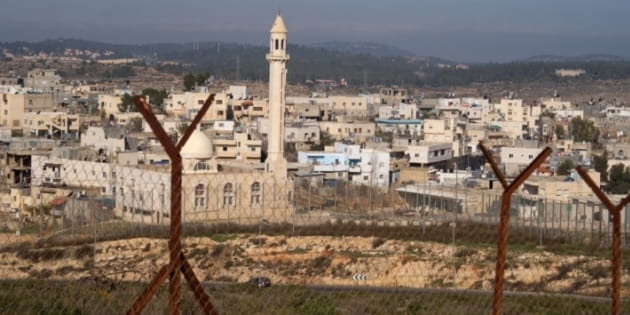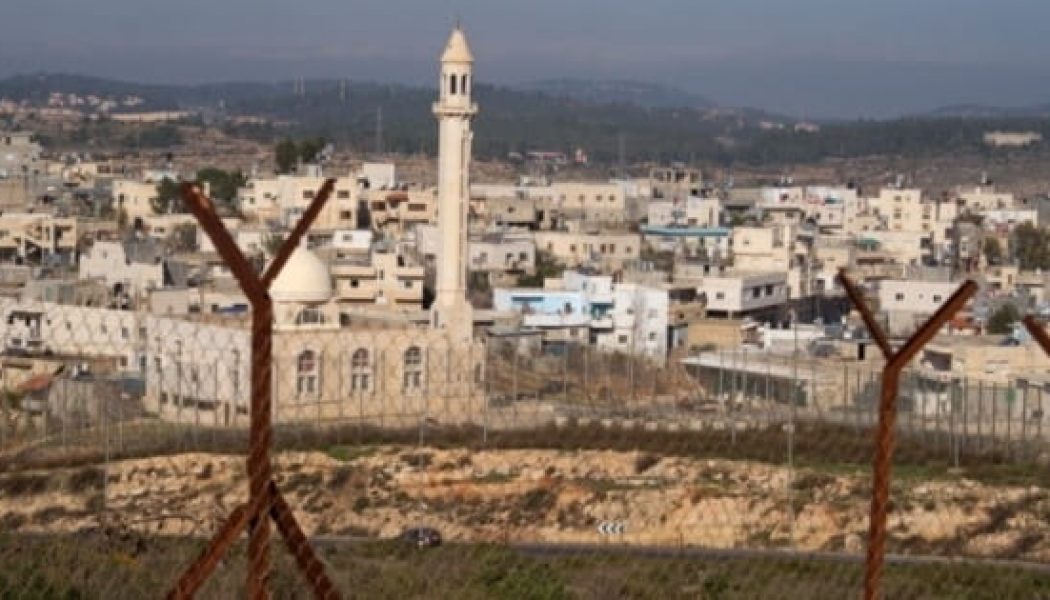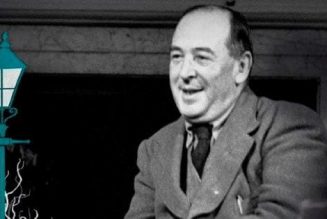
What kind of peace do you hope for in the Middle East? What kind of peace do you pray for?
Once again the simmering conflict between Israeli and Palestinian groups has burst into flame. You’ve seen the images of explosions in the middle of residential street, of rockets flying through the air. You’ve listened to the talking heads go at each other over the issue again and again.
I wonder, what is your initial response to it all?
Conflict in this particular stretch of land inevitably leads to tempers and arguments erupting in a way that conflict elsewhere in the world does not cause, in or out of the church.
There are important political, ethical, and theological issues tied to this conflict. These issues must be discussed and worked through with grace and sobriety. But as Christians, we also must remember to bring an eternal perspective to bear on these conflicts.
What we need here is a good dose of biblical reality. We need to remember that, as Christians, we view every earthly conflict through the lens of the eternal destiny of the universe, and the day when each and every person will stand before God and give an account.
I’m not trying to disregard the host of other issues that accompany this conflict. They are important – but (and this is a really key ‘but’) they must be considered in their appropriate place. We can so easily speak glibly about conflicts that are happening far away from us. We can so easily forget the tragic weight of reality – the reality that ordinary men, women, and children are dying.
While those other issues are drastically important, they are not the most important component of this conflict for Christians. Ultimately, the most important reality is that in this conflict – like in every other conflict in the world right now – people are dying and going to face their Maker and Judge. And they are facing him without Jesus Christ as their Savior and Mediator.
Remember that all have sinned, and fallen short of the glory of God (Rom 3:23). But also remember that whoever, whether Jew or Gentile, Palestinian or Israeli, believe on Jesus Christ will be saved (John 3:16). They will be made God’s children (John 1:12).
More significant than whether or not the bodies piling up are Israeli or Palestinian or American is the fact that they are people who have no hope apart from Jesus Christ.
The political and ethical issues are hugely important. Christians should engage on those aspects. But whether Israel or Palestine is in the right, whether a one-state or two-state solution is better, or whether Americans should support one political side or the other is not more important than the Gospel.
If we are to represent our Savior to the world, then we cannot allow ourselves to fall into the sort of self-righteous, belittling arguments on this issue. Wherever you land on the question, you should be grieved over the deaths of people equally made in God’s image. You should be praying for the gospel to go forward, even in the midst of conflict.
The Israeli/Palestinian conflict is a definitive test case for our own hearts. Do we really believe the thing people most desperately need is Jesus Christ? Or do we think that a political solution is more important, more urgent, and worth spilling more ink and blood over than make sure people know there is a Savior who will wipe away their sins, and give them an eternal inheritance far better than anything any political entity could ever give them?
In Christ, there is neither Jew nor Greek, slave nor free, male nor female (Gal 3:26-28). Isn’t that where we want both Palestinians and Israelis to be? United in fellowship to each other in Christ Jesus in bonds that will never be broken?
What peace do you pray for most urgently in the Middle East? Political peace? Or peace with God, through our only Savior Jesus Christ?
Caleb Greggsen lives and works in Louisville, KY. He serves as a member of Third Avenue Baptist Church in Louisville. He holds a Master’s of Divinity and a Bachelor’s of Applied Science (Psychology), and is pursuing fulltime ministry.










